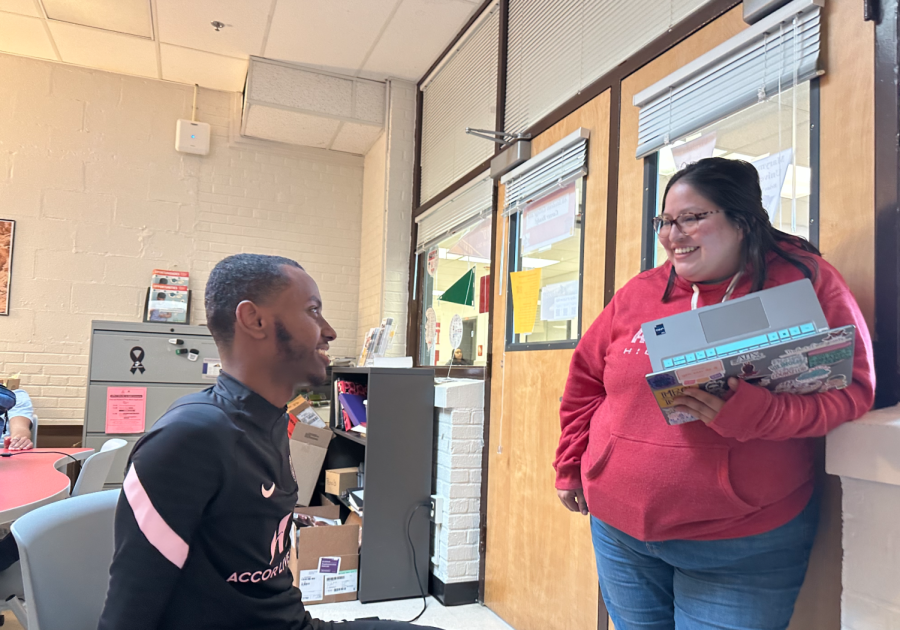After a 90-minute lecture in your science class, you have a pounding headache, but unfortunately because of your demanding schedule you cannot leave school, so instead you stealthily reach into your backpack to pull out two ibuprofen pills.
This simple action, which many AHS students have admitted to doing, will result in an automatic suspension under FCPS zero tolerance policy, no exceptions.
FCPS over-the-counter (OTC) medications policy states that, “The abuse (including distribution for the purpose of abuse), or misuse of nonprescription drugs shall result in a suspension of a length to be determined by the principal and may result in a recommendation for expulsion.”
According to a recent survey conducted by The A-Blast, only six percent of AHS students agree that someone caught with OTC medications should always be suspended. However, there were wide discrepancies concerning whether or not students should never be suspended for this infraction.
“I think [the policy] is good; it allows enough discretion for the school, but it is also serious enough. I think it is necessary and it is in line with what other school districts do,” Dean of Students Catherine Stone said.
Approximately 44 percent of AHS students admitted to carrying OTC medicines with them at school at some point. Students reported possessing a wide variety of OTC medications including, but not limited to, Tylenol, aspirin, Advil, Midol, Lactaid and Claritin. These students are aware that such possession is not permitted by FCPS, but many do not know that other options are available.
“I usually carry my inhaler and some Benadyrl because I have some pretty severe allergic reactions and need to take [Benadyrl] right away,” junior Alec Stewart said.
Students are in fact allowed to carry certain medications with them as long as they have a doctor’s note saying that it is a necessity.
Stewart, however, was unaware of this exception because the school never mentioned this in its annual Student Right and Responsibilities (SRR) presentation at the beginning of the year.
“If the rules and exceptions have been clearly communicated to both parents and students, hopefully the punishment is in place as a deterrent,” SAM program academic advisor Hassan Mims said.
However, all of the rules have not been properly discussed with students and, as a result, many students are unaware of all the points of FCPS OTC policy. Students cannot be held responsible for carrying OTC medications unless they have been educated of all of the procedures and regulations of the policy.
“We need to do a review of the SRR before the second half of the year,” Stone said.
Many students carry OTC medicines because they feel that nothing serious can happen, especially because these medications are easily accessible and typically available at home without restrictions. Only six percent of students believe that carrying OTC medications will always have a negative impact on the school environment. However, FCPS has put this policy in place as a precaution and for students’ safety.
“Students can anytime have a reaction to medication and other stuff they are allergic to, but allergies to medications are very serious and a big medical concern,” Mims said.
If a student cannot obtain a note from a doctor, then his or her parent can fill out a form so that OTC medication can be stored in the clinic and the student can ask for the medication whenever he or she needs it. The nurse is only allowed to give medicine to students when specific symptoms, which must be outlined on the forms students give to the nurse, occur and not whenever students request their medication. This may seem restrictive to some, but the school must do this to prevent a liability.
The SRR handbook does not include all of the information that the OTC medication policy entails, which leads students into believing that they must carry their OTC medication in secret







